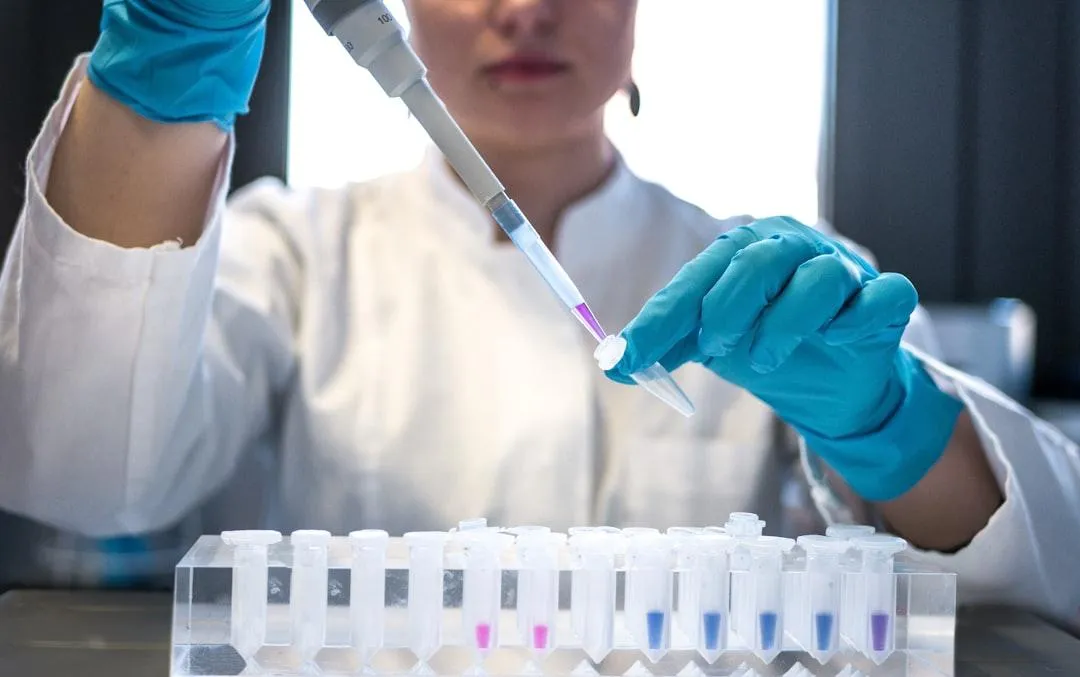
How to Learn Chemistry in Easy Way and Make Even Hard Topics Simple!
How to learn chemistry in easy way isn’t just about quick hacks—it’s about transforming how students approach the subject. Chemistry tutoring is more than balancing equations or memorizing the periodic table; it builds confidence, develops problem-solving skills, and helps students truly understand the “why” behind chemical reactions. Whether your student struggles with stoichiometry or dreads their next lab report, tutoring can make a significant impact on their perspective and results.
1. Making Chemistry Relatable
Chemistry often feels abstract to students because they don’t see how it connects to their lives.
For example, instead of just talking about chemical reactions, a tutor might explain how baking cookies involves endothermic reactions where heat transforms dough into a delicious treat. Or they might relate acids and bases to everyday items like lemon juice (acid) or baking soda (base), and show how they interact when combined.
When students understand that chemistry explains things they encounter every day—like why soda fizzes or how rust forms—they develop a new appreciation for the subject. Tutors help bridge the gap between the classroom and the real world, making chemistry not just understandable but also interesting.
This connection can ignite curiosity, making students more eager to explore the subject rather than fear it.
2. Building Problem-Solving Skills
At its core, chemistry is about solving puzzles, which requires logic, patience, and creativity.
A good tutor teaches students how to approach problems systematically. For example, instead of panicking when faced with a complex stoichiometry problem, students learn to break it down into manageable steps:
Write the balanced equation.
Identify the given information.
Use dimensional analysis to find the answer.
This step-by-step approach not only makes problems less intimidating but also develops critical thinking skills that are valuable in other areas.
For instance, a student struggling with a chemistry lab might learn to troubleshoot by asking, “What variable did I change?” or “What could I test next?” These are the same skills they’ll use in future careers, whether in science, engineering, or even business decision-making.
By focusing on problem-solving, tutors help students see that chemistry isn’t about memorization—it’s about understanding how to think logically and creatively to find solutions.
3. Simplifying Complex Topics
Chemistry often feels overwhelming because of the sheer volume of topics and terminology.
Take electron configurations, for example. A tutor might compare this concept to seating arrangements in a movie theater. Electrons “fill up” energy levels (or seats) in a specific order, just like people filling rows from the front to the back.
Or consider thermodynamics—concepts like enthalpy and entropy can seem daunting at first. A skilled tutor might use relatable scenarios, like describing entropy as “messiness” in a room: It’s easier for a room to get messy than to stay organized, just as the universe tends toward greater disorder.
By breaking these topics into smaller, relatable pieces and using visuals like diagrams or animations, tutors ensure students not only understand the material but feel confident in their ability to master it.
4. Building Exam Confidence
Chemistry exams often feel like an intense marathon where students must recall equations, apply formulas, and solve problems under pressure.
Tutors prepare students by simulating real test conditions. For example, they might time a student while solving practice problems or use mock exams to identify areas of weakness. This not only helps with pacing but also trains students to handle test anxiety.
Additionally, tutors can teach specific strategies like eliminating impossible answers in multiple-choice questions or recognizing patterns in questions that commonly appear on exams.
One student, for instance, might discover they always lose points on mole conversions. A tutor can drill this concept until it becomes second nature, ensuring the student doesn’t make the same mistakes during the actual test.
With consistent practice and the right strategies, students go into their exams feeling prepared, confident, and ready to succeed.
5. Fostering a Growth Mindset
One of the most overlooked aspects of chemistry tutoring is its ability to reshape how students view themselves and their abilities.
Many students come into tutoring sessions believing, “I’m just not good at chemistry.” Tutors work to challenge this mindset by showing students that improvement is always possible with effort and the right approach.
For example, if a student struggles with balancing chemical equations, a tutor might remind them that it’s not about innate talent—it’s about practice. By celebrating small victories, like correctly balancing one equation, tutors help students build confidence and momentum.
This growth mindset extends beyond chemistry. Students start to approach challenges in other subjects—or even in life—with a belief that they can improve through effort and perseverance.
Chemistry tutoring is a powerful tool to unlock a student’s potential and instill the mindset for lifelong success. How to learn chemistry in easy way becomes achievable when students gain confidence, problem-solving skills, and the ability to relate concepts to the real world. With the right support, chemistry transforms from a dreaded subject into an exciting opportunity to grow.